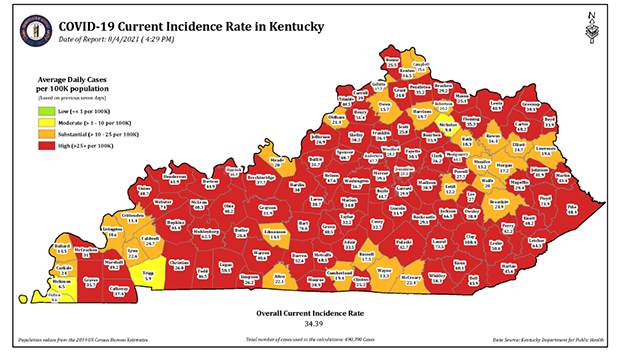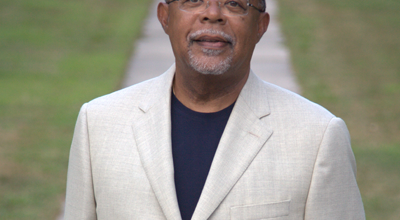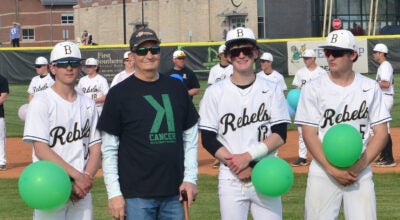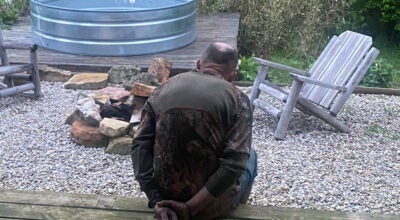Boyle in the red again with COVID cases; Public health director gives update
Published 2:19 pm Thursday, August 5, 2021
COVID-19 cases are on the rise again across Kentucky, and Boyle County is no exception. As of Aug. 4, the county is red, according to an incidence rate map provided by the Kentucky Department for Public Health.
Boyle County’s incidence rate is daily average of 44.7 cases per 100,000 people, based on the previous seven days, making it higher than the state overall current incidence rate of 34.387. The current positivity rate is 9.23%, there are 3,681 recorded cases of COVID-19 and there have been 79 recorded COVID-19 related deaths to date in the county. Boyle County Health Department Public Health Director Brent Blevins said this is compared to about 70 deaths as of May 1.
Blevins said the “vast majority” of positive cases are in those who have not been fully vaccinated. The percentage of the county population who have received at least one dose of the vaccine is 52.24%, according to the Team Kentucky COVID-19 Vaccination Dashboard, 61.75% for those 18 and older, and 76.31% of those 65 and older. This is compared to 52% of the total Kentucky population vaccinated, 63% for those 18 and older and 83% age 65 and older.
Blevins said as has been the case all along during the pandemic, things to practice are getting vaccinated, washing hands, and wearing a mask or social distancing when needed. According to red county recommendations from Gov. Andy Beshear’s website, the recommendations are to increase vaccination efforts, encourage masking and physical distancing, maximize usage of outdoor spaces for gatherings, encourage those medically vulnerable to avoid activities with unvaccinated individuals, consider postponing large public events and encourage implementation of a strong communication plan from “community partners and stakeholders.”
Though there are a couple of mask mandates in Kentucky, those for inside state buildings and healthcare facilities, Blevins said otherwise most of what the governor has released in recent weeks are recommendations. To him, the key is that businesses and organizations need to come up with a plan that works for them and keeps them safe and productive.
“Businesses, people, organizations — everybody has to figure out, OK, if this (virus) is going to be here, how do we function with it?” he said.
Since COVID-19 is a disease caused by a virus like the flu is, Blevins said he doesn’t see it going away, in his opinion, and he anticipates Boyle will be in the red or orange zone for a while.
“My take on it is, we’ll probably be between red and orange for a while,” he said. “We’ll kind of go up and down, and then if this plays out how this has been for the last year and a half, we’ll probably plateau off at some point, we’ll start dropping down.”
He said with the Delta variant of COVID-19, it is distinct in that it is more infectious and seems to spread easier. When looking at an illness like the flu, there are also several strains dealt with each year due to the nature of viruses.
“So as a virus, this seems pretty typical, I would think … It has its variations of it,” he said.
With vaccinated individuals, he said the strength of vaccines lies in the fact that, though there is still the chance of infection like with flu shots, the chance is lower and vaccines aim to cut severity down, keeping people out of the hospital and from needing to be in the intensive care unit.
Blevins said as things go forward, he’s happy businesses are open and school starts soon, and that he’s a big believer in people figuring out how to deal with the pandemic so that it becomes a regular part of everyday life and something we know how to respond to, like with the flu.
“We can’t mandate our way out of this forever,” he said.
However, he said he encourages people that if a business has a sign up to wear a mask or visitors are asked to wear a mask, wear one. Also, several businesses have gone back to requiring employees to wear a mask. He added that if someone enters a business and is uncomfortable without a mask, they can make the personal decision to wear one, even if not required.
When it comes to schools, districts have more local control in deciding on COVID-19 policy and procedure, since there is not a mask mandate in schools, though they are recommended for both vaccinated and unvaccinated individuals, so policy is being decided on a more district-by-district or school-by-school basis.
“For our county, I’m really impressed with how much time and effort our school districts put into their plans for COVID,” Blevins said.
As for mental health, Blevins said he thinks schools and organizations being open will help a lot, especially since schools drive a lot of functions, like ball games and other events. Additionally, physical exercise that gets people out of the house and around others is helpful.
“I think that’s vital, and I think that’s a vital piece of the mental health of people in general,” he said.
According to the Centers for Disease Control and Prevention, symptoms of anxiety disorder and depressive disorder increased in the U.S. during April through June of 2020 compared to that time in 2019, and there was increased substance use as well.
“The need for mental health in communities — and Danville and Boyle County are no different than other places — I think has shown itself to be so great,” Blevins said.
An example Blevins said he has seen is in the health department’s needle exchange program, which offers safe disposal of needles, clean needles and other resources. In March 2020, he didn’t think the program would do well due to COVID-19 restrictions. However, he said the program saw several people using it not only for resources, but also as an opportunity to talk to the person running it for a few minutes, about mental health and life in general.
“And the response has been tremendous,” he said. “Not only have we had the normal people that we were already serving, but it’s grown a lot.”
Blevins said he thinks not only has the pandemic highlighted need for mental health efforts, but also importance of overall health, since those with pre-existing health conditions are more susceptible to contracting severe cases of COVID-19.
“To me, the past year and a half has been one of those great wake-up calls for Kentucky,” he said.
This is because Kentucky “continually” ranks among the worst states in the country as far as health of its citizens, he said. Though he said anyone can become ill or injured at any time, he thinks the pandemic has increased awareness that those with weak immune systems or bad overall health can get sick easier or with more severity.
“I think it has really exposed how unhealthy we can be in Kentucky, as individuals, and the importance of everybody being responsible for our own health every day,” he said.







